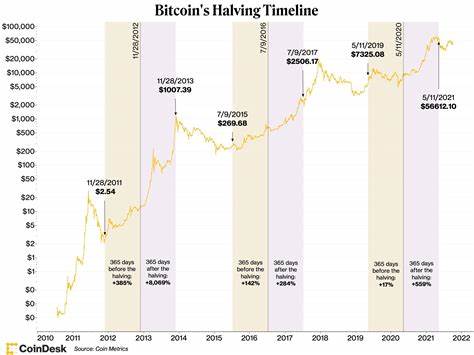In Springfield, Illinois, residents are falling victim to a cryptocurrency scam that is costing them a staggering $200,000 every single day. The scheme, which has been on the rise, involves individuals being targeted and deceived into transferring large sums of money through Bitcoin ATMs, ultimately leading to irretrievable losses. Recently, a distressing incident occurred at King City Wireless involving a 91-year-old woman who attempted to deposit $30,000 into a Bitcoin ATM located on the premises. Quick intervention by two vigilant brothers, Yousef and Suliman Yafai, prevented the elderly woman from further depositing her funds after she had already lost $3,000 to the scam. This episode shed light on the gravity of the situation and the urgent need to raise awareness about such fraudulent activities.
Detective Jennifer Wallace of the SPD Financial Crimes unit expressed concerns over the escalating frequency of such scams, revealing that individuals have reported losses upwards of $50,000. Shockingly, out of the 25 Bitcoin ATMs scattered across Springfield, 10 machines see daily cash deposits exceeding $20,000 each, elucidating the magnitude of the financial havoc wreaked by these criminals. Wallace emphasized the importance of heeding caution when using Bitcoin machines, citing warning signs posted on the ATMs cautioning users about potential scams. However, the unsuspecting victims, across all age groups, often fall prey to fraudsters who exploit vulnerabilities in their digital security systems. The modus operandi of these scammers typically involves creating disruptions on victims' computers, prompting them to call a specified number for assistance.
Subsequently, the scammers deceive victims into believing that their financial accounts have been compromised, coercing them to empty their bank accounts and deposit the funds into Bitcoin ATMs under the guise of rectifying the situation. By exploiting the victims' trust and urgency, the scammers swiftly transfer the funds overseas, rendering recovery efforts futile. In response to the escalating scam, Wallace issued a stern warning against engaging with such schemes and advised individuals to promptly disconnect calls from suspected fraudsters. For added security, individuals are advised to contact their respective banks directly or seek guidance from local law enforcement agencies when in doubt about the legitimacy of a financial transaction. As the cryptocurrency scam continues to proliferate, Springfield residents are urged to exercise vigilance, skepticism, and caution while engaging in financial transactions to safeguard their hard-earned assets from falling prey to deceitful schemes that perpetuate financial loss and emotional distress.
It is imperative for the community to come together, raise awareness, and stay informed to combat the growing threat of cybercrimes targeting unsuspecting individuals. In conclusion, the cryptocurrency scam plaguing Springfield serves as a stark reminder of the pervasive nature of financial fraud in the digital age, underscoring the critical need for enhanced cybersecurity measures and public vigilance to mitigate the risks posed by opportunistic scammers. A united front against such illicit activities is essential to protect the financial well-being of the community and uphold the integrity of digital transactions in an increasingly interconnected world.









